Start a Fund
Michigan Gateway Community Foundation has developed several types of funds to meet donor and community needs. Our staff works with you and your adviser to help you determine which type is right for you.
Many donors place no restrictions on how their gifts are to be used. However, you may design your fund around very specific goals. Even if the current intent of the fund becomes obsolete, the Community Foundation will ensure that the fund continues to address emerging community needs. For more information on the unique structural feature that makes this flexibility possible, click on the link below to learn about the Variance Power that is a part of each of our fund agreements.
Any fund can be permanent (endowed), long-term (allowing spending from the principal when appropriate), or temporary (allowing funds to be completely spent for grants within a specified time).
Michigan Gateway Community Foundation offers a variety of options for donors to personalize their philanthropy. They may establish a named fund, and they may be involved in suggesting grants from the dollars generated by their funds. They may receive regular communication from the Foundation staff about community needs and initiatives. It’s a personalized and efficient way to give.
General Information Packet (contact MGCF)
This information packet gives you the information to help you or your client learn about the Community Foundation and how we operate. If you or your client has questions, someone is always available to help you. And please be assured that all matters you discuss with us are strictly confidential.
Types of Fund Agreements
Fund agreements can be written to create permanently endowed funds, long-term (principal can be spent), or temporary. Please contact us to receive an example of a long-term or temporary fund agreement for any of the fund types you see below. Except for the special project fund sample agreement, the following samples are for permanently endowed funds.
Unrestricted
The most flexible funds within the Foundation, unrestricted funds, are those for which the donor allows the Foundation discretion in using the annual income for a broad range of community projects. This provides the Community Foundation the opportunity to respond to changing community needs.
Field-of-Interest
With field-of-interest funds, the donor directs the Community Foundation to utilize the annual income in a particular program area. The Community Foundation determines the specific grant recipients.
An educational field of interest fund can be used for scholarships but can also be used for other types of educational support. When deciding what kind of fund to create, consider what $500 can do for one college student. And then, think what $500 could do for a 5th-grade science class of 25 students.
Designated
Designated funds are funds in which a donor has specified the charitable recipient, or recipients, of the income at the time the fund is established.
Donor Advised
Donor-advised funds allow the donor to actively participate in the grant-making process by recommending to the Community Foundation the purpose and organizations that receive the annual income. Recommendations are referred to the Community Foundation’s Board of Directors for approval. Many advised funds become unrestricted on the donor's death or at the end of a specified period.
Temporary donor-advised funds work like an endowed fund except that the minimum establishing gift is $1,000. Use this option for end-of-year giving to multiple charities. You can write a single check or give stock to your community foundation, get one gift acknowledgment for tax purposes, and still make gifts to several charities. Please reach out to us for a sample agreement for this type of fund.
Agency/Organizational Funds
Other nonprofit organizations often place their endowment funds within the Community Foundation for management and investment purposes. The Community Foundation regularly distributes the annual income back to these agencies to help them accomplish their charitable goals.
Special Projects and Memorial Funds
Our primary mission is to establish permanent funds, but we recognize that we can sometimes better serve the donor and the community by creating a temporary fund. Any fund can be a temporary fund; special projects, memorials, and donor-advised funds are the most common.
These funds are created to support grassroots fundraising efforts. Groups of citizens can focus on reaching their goals and let us keep track of donations and pay expenses.
Scholarships
Scholarship funds are field-of-interest funds that award grants to individuals for tuition and education-related expenses at tax-exempt educational institutions—such as a college/university or vocational/technical institute, commercial art school, school of nursing, or other accredited institution of higher education.
The Community Foundation does not award scholarship grants to provide funds for room and board and travel expenses because these are taxable to the recipient and therefore are not charitable.

